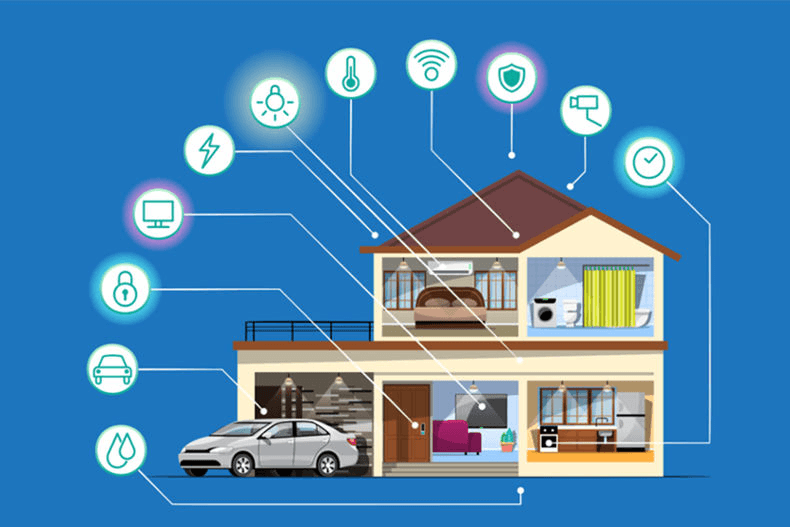
21 Feb 2024
Navigating the Shifts: A Look at Property Trends in India
1. Urbanization and Demand Shifts:
• Rapid urbanization continues to drive demand for residential and commercial properties in major cities.
• Emerging trends include the preference for integrated townships offering amenities such as parks, shopping centers, and recreational facilities.
2. Affordable Housing:
• The government's focus on affordable housing initiatives has led to a surge in demand for budget-friendly homes.
• Developers are increasingly focusing on creating housing solutions that cater to the needs of middle-income and lower-income segments.
3. Co-Working Spaces and Flexible Work Arrangements:
• The rise of co-working spaces and flexible work arrangements has led to a growing demand for commercial properties that can accommodate these needs.
• Developers are adapting to this trend by designing office spaces that foster collaboration and innovation.
4. Sustainable and Green Buildings:
• With increasing environmental consciousness, there is a growing demand for sustainable and energy-efficient buildings.
• Developers are incorporating green building practices such as solar panels, rainwater harvesting, and energy-efficient appliances to attract environmentally conscious buyers.
5. Technology Integration:
• Technology is playing a significant role in the real estate sector, with the rise of digital platforms for property search, virtual property tours, and online transactions.
• Developers are leveraging technology to enhance the customer experience and streamline the property buying process.
Conclusion: As India's real estate sector continues to evolve, staying abreast of these trends is essential for making informed decisions. Whether you're a buyer, investor, or developer, understanding these shifts can help you navigate the dynamic landscape of the Indian property market.
Latest Blogs

21 Feb 2024
Open Plots: Unlocking Potential in India's Real Estate Landscape

21 Feb 2024
Reaching New Heights: The Rise of High-Rise Buildings in India

21 Feb 2024
The Green Revolution: Sustainability Trends in Indian Real Estate

21 Feb 2024
Revolutionizing Real Estate: The Impact of PropTech on India's Property Market

21 Feb 2024
The Rise of Smart Homes: A Trend Transforming India's Real Estate Sector

21 Feb 2024






